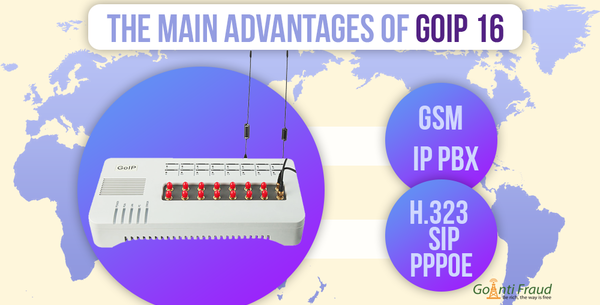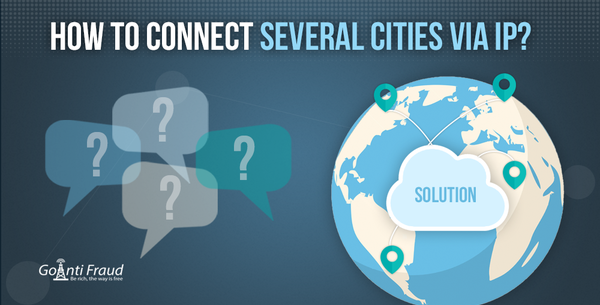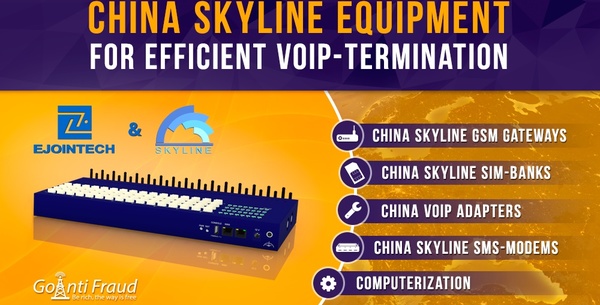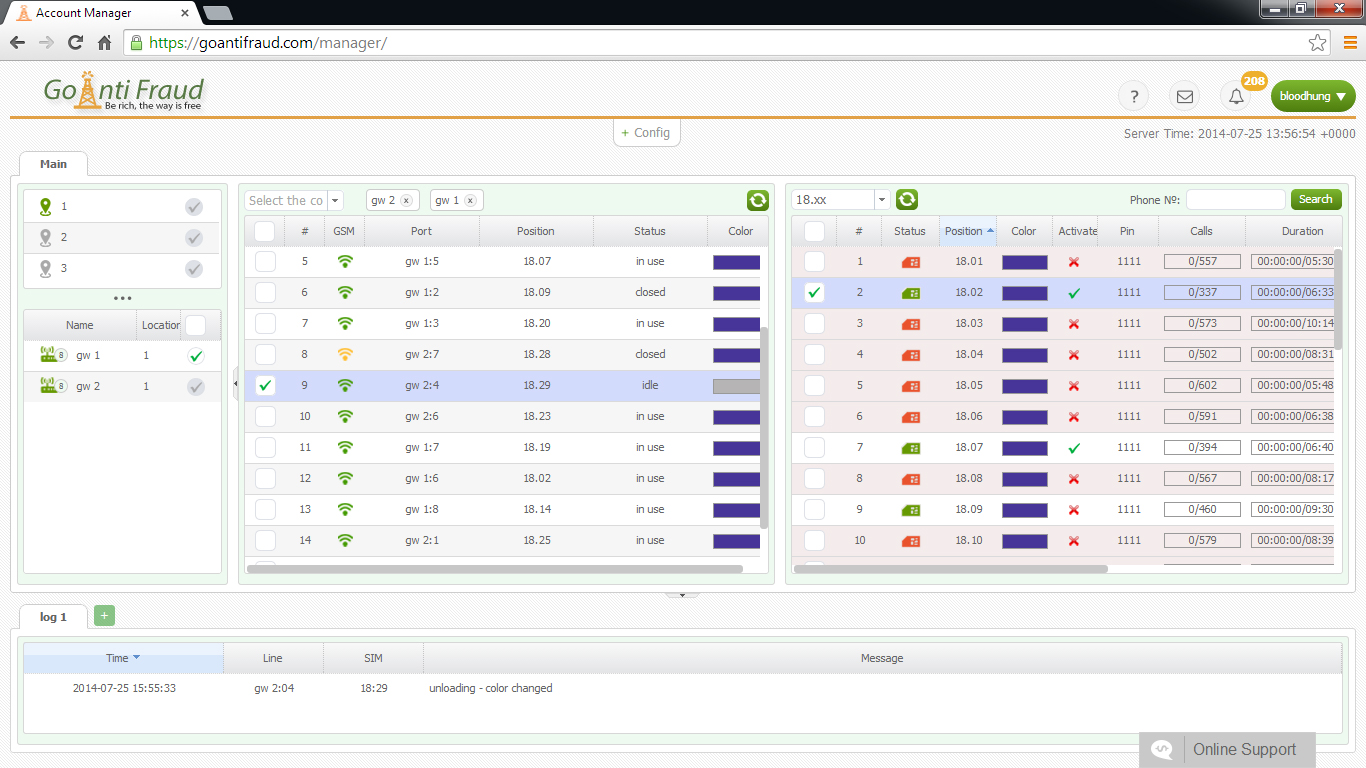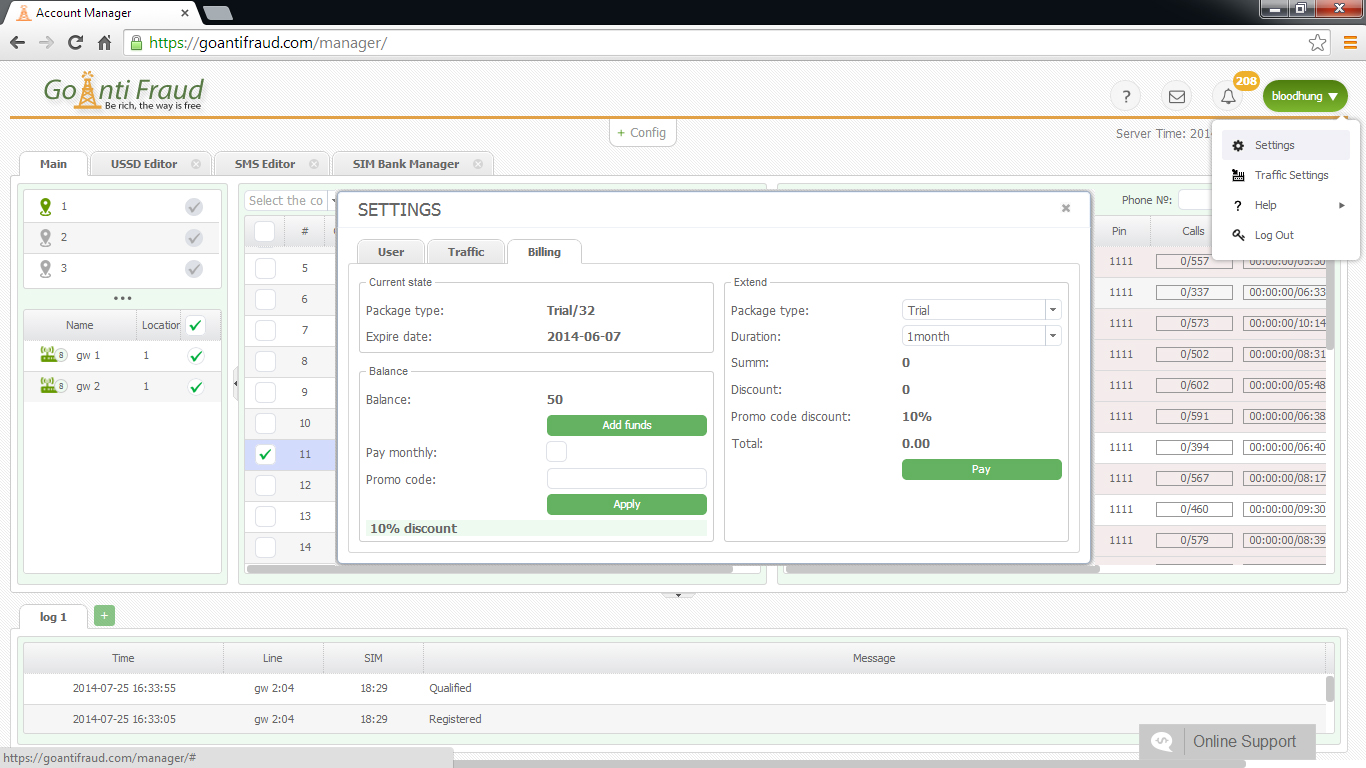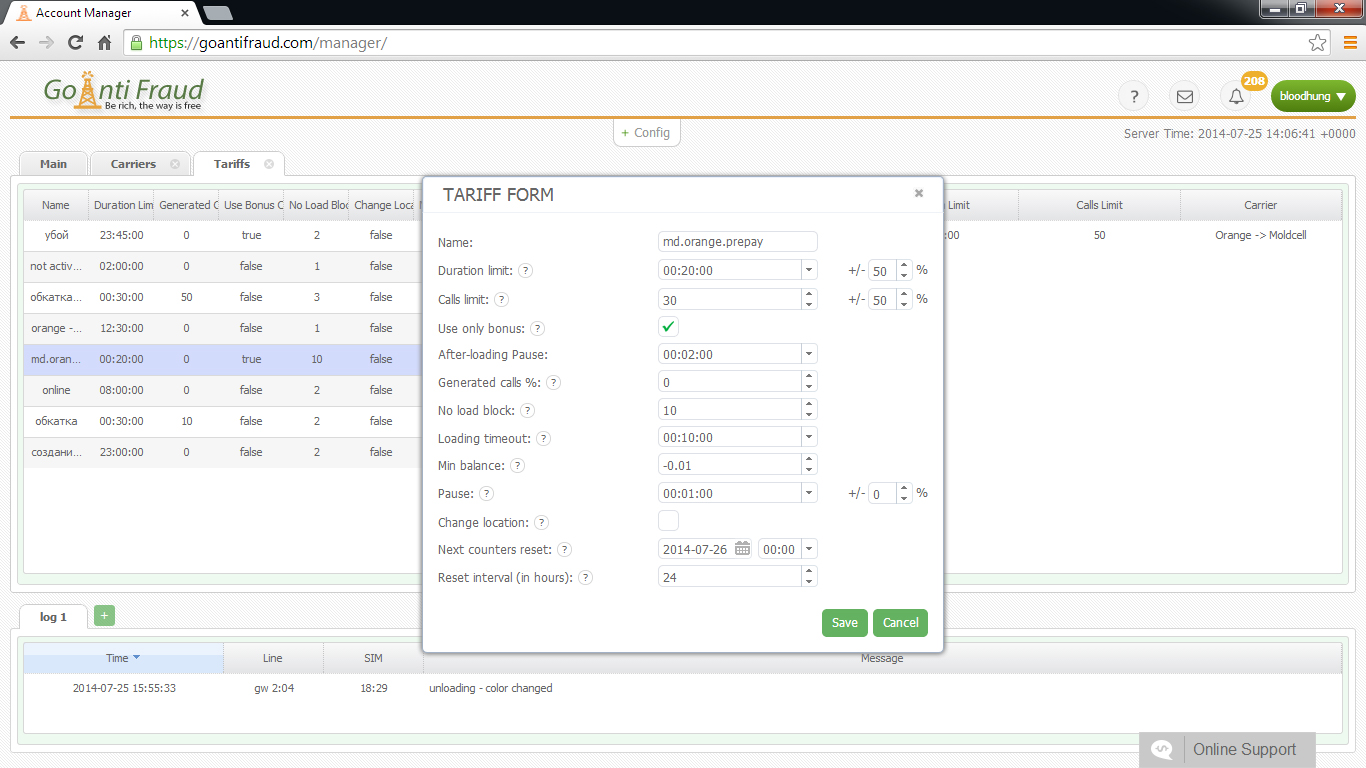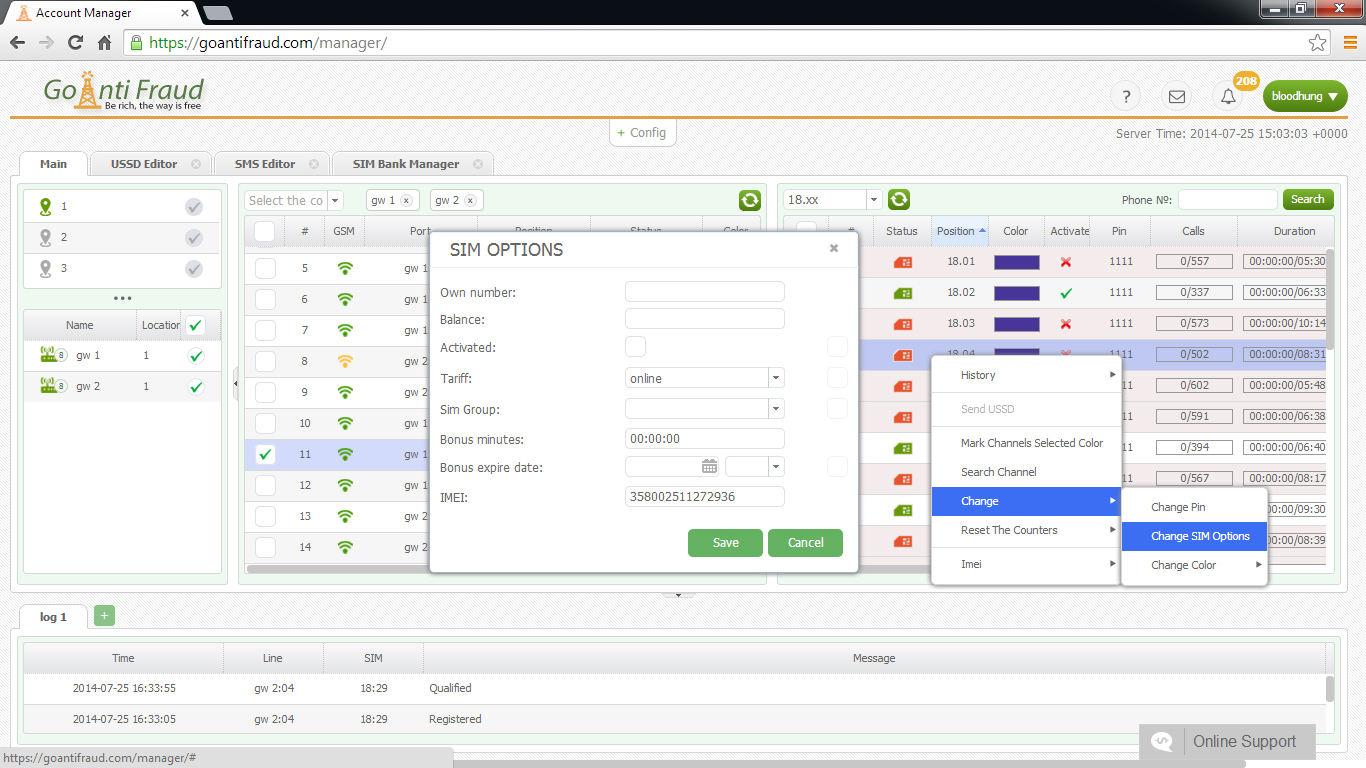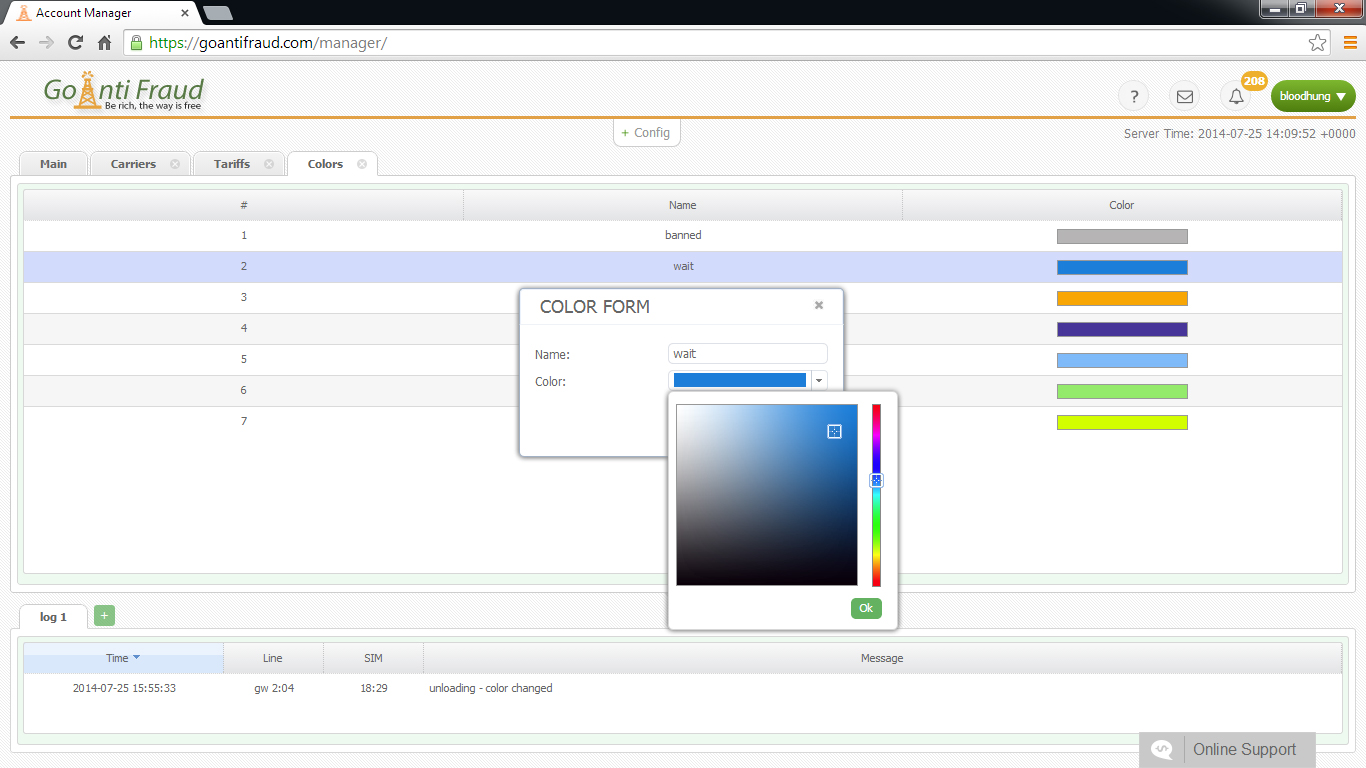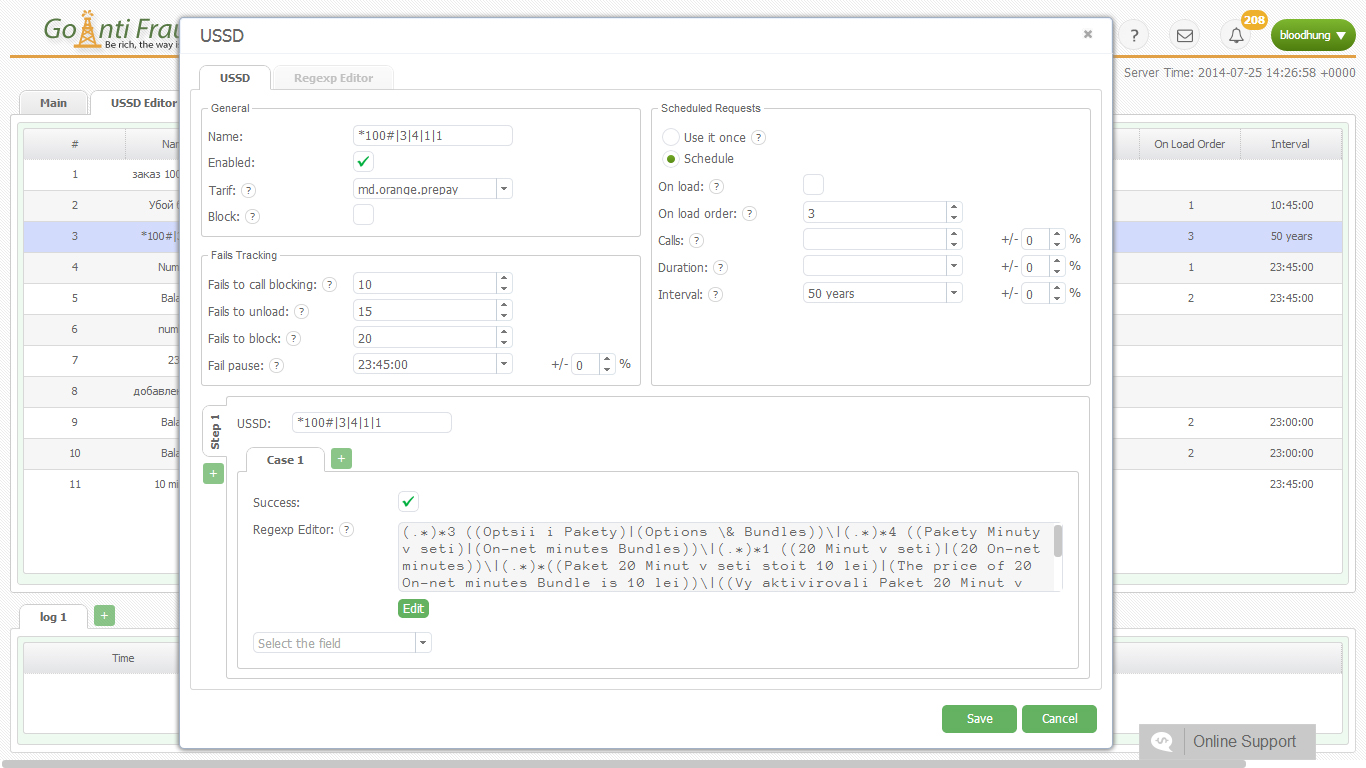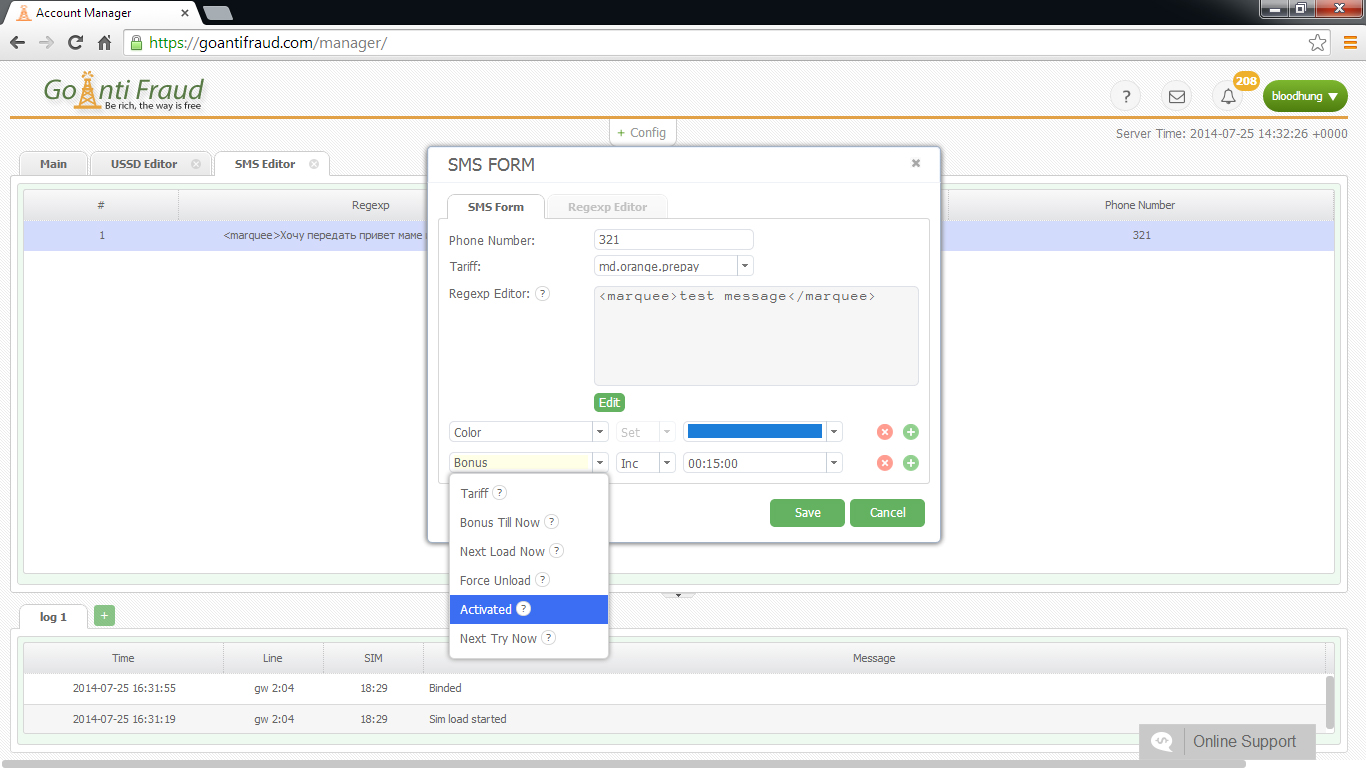Modern phones are popular with corporate users. Many companies think about the use of VoIP-solutions for small businesses, as IP-telephony makes it much easier and cheaper to implement video capabilities and telecommunications than the conventional PSTN. This does not necessarily mean that you have to install additional telephone cables, as only local Internet (DSL) will do, with the wireless network with the ports 100/100 to be available in the future.
Modern solutions are more mobile than the PBX, which allows being in touch. VoIP supports conventional PSTN, IP, soft phones, smartphones, and so on.
Routing for the subscriber (regardless of its position), the availability of channels/communications means, conferencing, call forwarding, automatic repetition, number identification, and call processing functions are not an exhaustive list of modern telephony.
Numerous VoIP options for small business allow using the communication the most convenient way.
You can configure it for different types of connections:
- PBX/PAB and for connecting PSTN to IP-PBX via interfaces ISDN BRI, E1/T1 PRI, T0 / S0, RDSI, T2/S2 ISDN.
- Supplementary PBX E1/T1
- Alternative to a PSTN provider - saving by cheap IP services.
- Connecting the switch to VoIP, while maintaining connectivity to PSTN.
- Simultaneous connection to VoIP, conventional network, and GSM.
The first option is ideal for companies with subsidiaries. Using the integrating voice network, you can communicate quickly and without problems. The second option is a simple solution that does not require special skills. VoIP-ready devices are connected to the client telephone system. Besides, VoIP system is flexible and can be easily extended.
Expanding the capacity of your VoIP, you can easily reduce tariffs for telephony and not buy a PBX E1/T1 card like in the second case. However, significant savings are guaranteed for all other types of connections.







